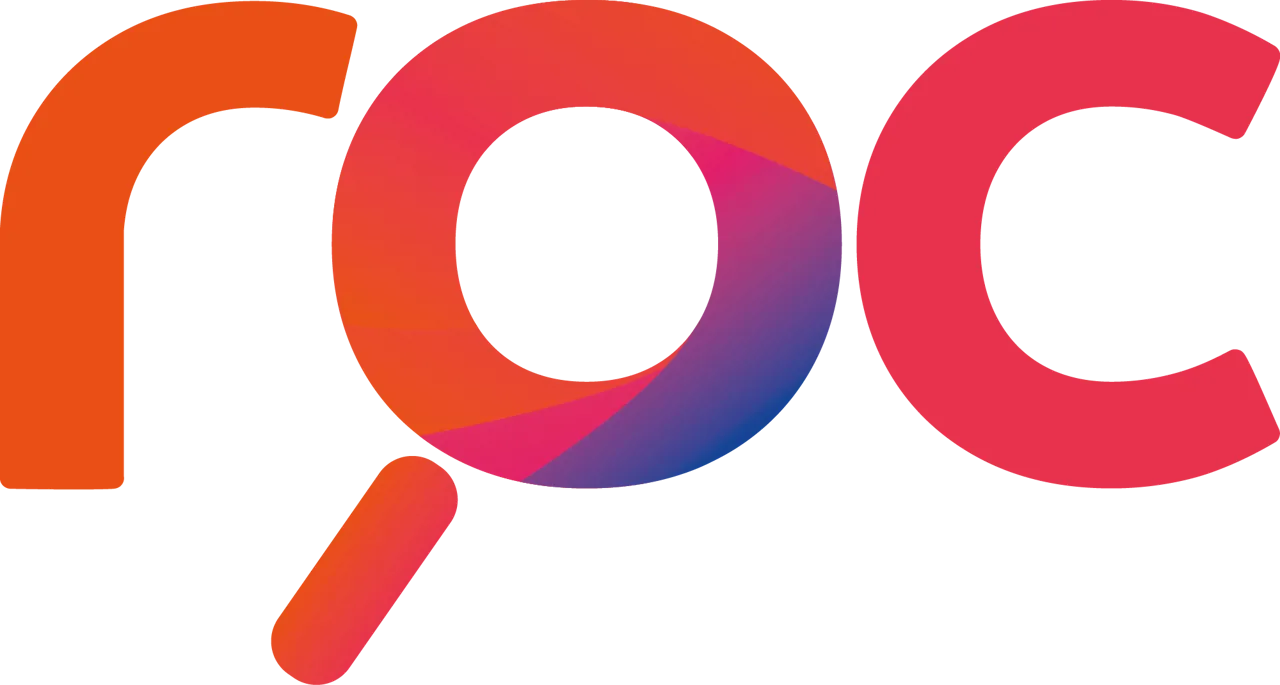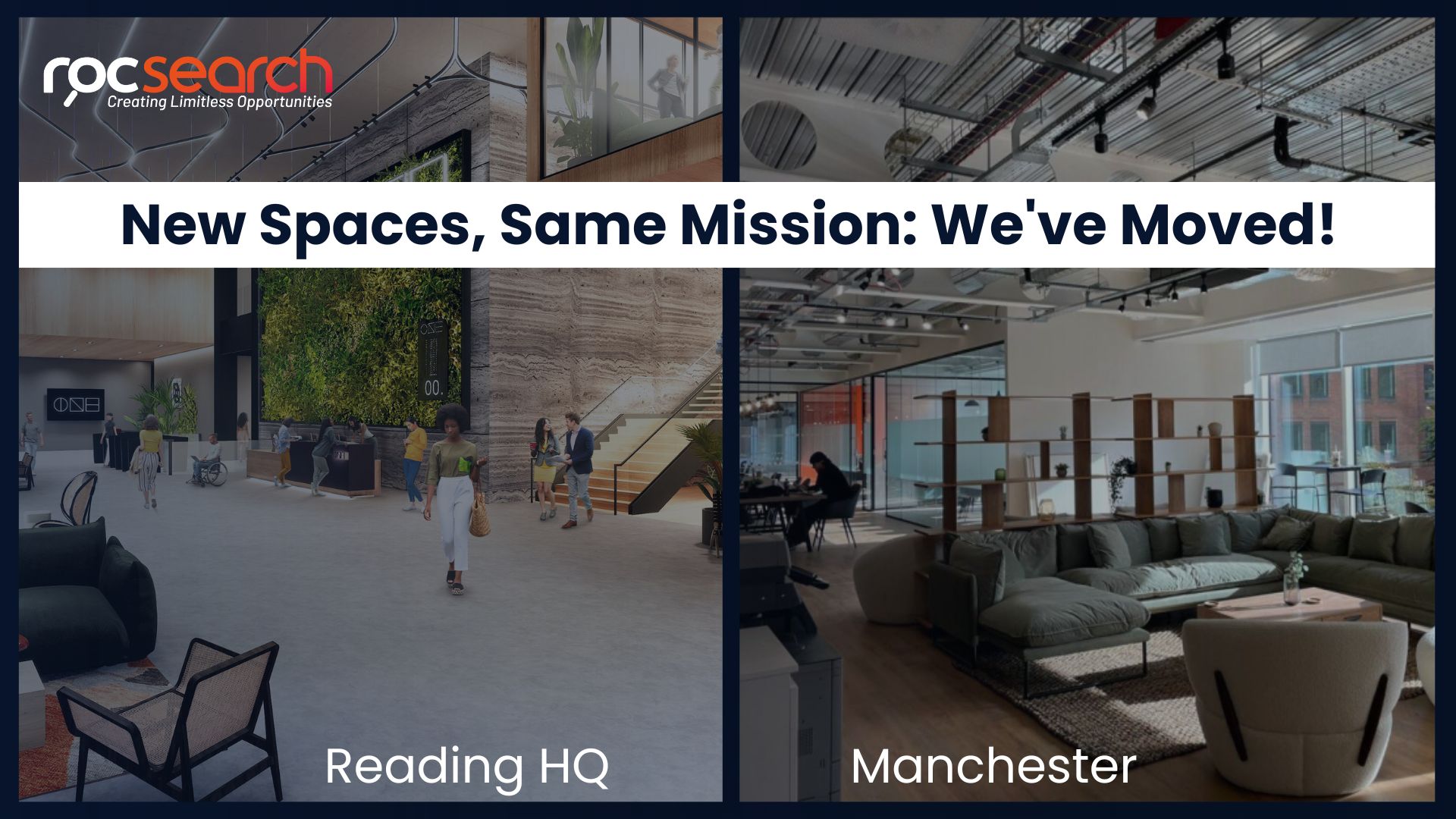
Why recruitment companies need to offer more if they want to stay relevant
09 Oct, 202010 minsIs it just us or is it getting harder to plan for the future? As any business leader can att...

Is it just us or is it getting harder to plan for the future? As any business leader can attest, organisational needs and challenges are changing on what seems like a daily basis. Businesses are having to adapt rapidly. It stands to reason that recruitment companies must learn to adapt as well.
In this article, we explore how our business is continuing to evolve to suit clients’ changing needs – and how recruitment companies in general need to create new service offerings if they want to remain competitive.
Diversifying beyond traditional recruitment models
Like any other sector, the recruitment industry goes through trends and cycles. New technologies, such as video interviewing, emerge to improve the recruitment process. There are new buzzwords and tools and platforms. Our trousers get skinnier, then they get wider again. You get the picture.
However, through it all, recruitment companies of all shapes and sizes have largely stuck to the same traditional service offerings: contingent (temporary) recruitment and permanent resourcing. It’s been that way for decades. Until now. Because, as employers react to their changing environments, demand for project solutions has increased enormously, bringing about a key shift in recruitment models.
But, wait, what do we mean by ‘project solutions’? In essence, project solutions allow employers to navigate recruitment spikes and troughs by recruiting talent on a project-by-project basis. The recruitment company provides an end-to-end managed (or sometimes co-managed) service, harnessing their pool of talent to take the client from initial brief to completion of the project.
This can be especially useful when an employer is:
· Developing a new product or service for launch
· Going through a period of rapid transformation
· Trying to deliver a challenging project on a tight turnaround
· Struggling to close the skills gap, especially when it comes to tech skills
Why project solutions? And why now?
There’s no doubt that coronavirus has accelerated this shift towards project solutions. It’s a risky time to be hiring new staff, yet businesses are still committed to delivering their business-critical initiatives. With project solutions, the organisation gets the injection of talent it needs, in an agile, flexible and fully managed way.
Then there’s the fact that, as more and more people work from home, workforces are dispersed like never before. And this is likely to be a long-term trend, as many high-profile employers have signalled they’ll be letting staff work from home even after the pandemic is over. For most people and their employers, this is a hugely positive move, but it does increase our need for connectivity. Teams must operate in a joined-up, connected way, even when they’re dispersed. An end-to-end project solution, managed or co-managed by the recruitment company, is a good way forward.
So coronavirus has played a big role in this shift, but even before the crisis hit, we were seeing clear signs of change. Organisations are becoming less hierarchical and more project-based. Google, for example, organises much of its workforce into project teams to maximise productivity. And in software development, agile working practices – with their self-organising and cross-functional nature – have been the norm for years.
In other words, organisations have been quietly transforming themselves from traditional, hierarchical structures, with departments and functions, into networks of project teams that are driven by skills, capabilities and business needs (as opposed to job descriptions, siloes and linear career paths).
And when one project ends, team members are redeployed to other project teams. It’s as simple as that. In this way, project contractors bring valuable skills and experience (often plugging skills gaps in the hiring organisation), and this experience will have been gleaned from a range of projects over the course of their career.
In visual terms, picture this project-based organisational structure as looking like a molecule – groups of atoms held together by bonds – versus the traditional vertical structure of old. Not only does this project-based structure give the organisation more agility and flexibility, it’s much more conducive to the way people work, especially in these, er, interesting times.
New opportunities for a changing world
With all this in mind, is it any wonder we’ve seen a huge increase in project-based demand this year? There’s certainly still plenty of room for the established contingency and permanent recruitment models. But recruitment companies must also offer more if they want to keep up with their clients’ needs and remain competitive.
For us at Roc Search, providing project solutions has always been about building a true partnership with clients. It’s about adding value and taking a strategic approach to our clients’ changing recruitment requirements.
Ultimately, we’ve found that diversifying our offering has allowed us to stay ahead of the game and build stronger relationships with the organisations we serve. Discover how our project solutions can support your business.




